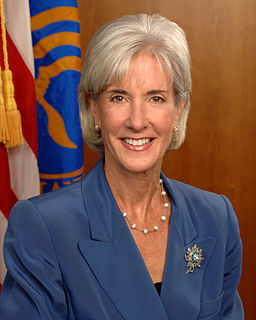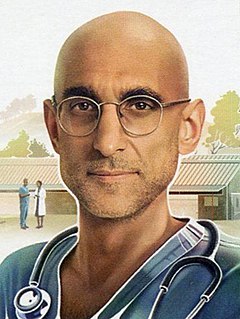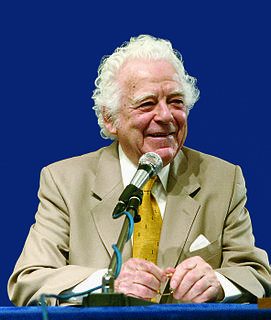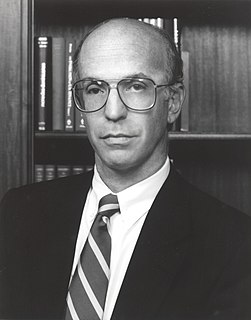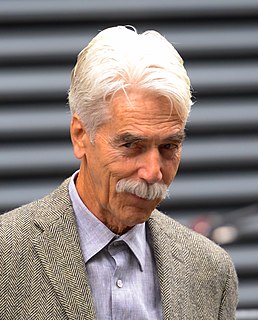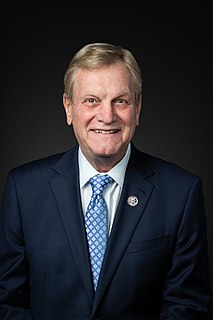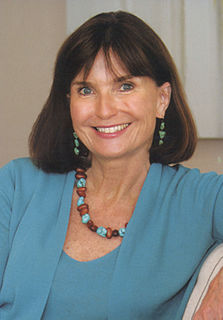A Quote by Paul Hawken
When cattle ranchers clear rain forests to raise beef to sell to fast-food chains that make hamburgers to sell to Americans, who have the highest rate of heart disease in the world (and spend the most money per GNP on health care), we can say easily that business is no longer developing the world. We have become its predator.
Related Quotes
Britain, with the most completely socialized health system in the West, now spends the lowest fraction of GNP on health care of any major nation. There are frequent complaints of excessive waits for elective surgery and other inconveniences, but British citizens live slightly longer than Americans, on average, and our overall health conditions are comparable.
In 1970, Americans spent about $6 billion on fast food; in 2000, they spent more than $110 billion. Americans now spend more money on fast food than on higher education, personal computers, computer software, or new cars. They spend more on fast food than on movies, books, magazines, newspapers, videos, and recorded music—combined.
Probably 99 percent of Nuba are subsistence farmers. They have maybe two or three cattle, a few goats. Now there are food shortages, so they're very thin. But traditionally, they are very strong and muscular. They grow sorghum, okra, a bit of corn, some peanuts. If they need money, they'll sell one of their animals or sell some sorghum.
In business, you don't necessarily need heart, whereas here, in government, almost everything affects people. So if you're talking about health care - you have health care in business but you're trying to just negotiate a good price on health care, et cetera, et cetera. You're providing health. Here, everything, pretty much everything you do in government, involves heart, whereas in business, most things don't involve heart. In fact, in business you're actually better off without it.
You take something like RingCentral. It doesn't need any more money or financing: it is relatively mature, recurring revenue business - not really worried - but you know, we could sell it tomorrow. We have not been in a rush to sell it. We don't care about exits as much. We care about building fundamental value.
Humanity is no longer the same. Its needs are no longer the same, and the needs of all around the world are recognizable. We need jobs. We need food. We need shelter. We need health care. We need education. These few things are the absolute necessities of all people everywhere, and yet even in the most-developed world, like America and Europe, no one has all of these things by right, unless they have money - and this is the rub.
Forests and trees make significant direct contributions to the nutrition of poor households ... [as] rural communities in Central Africa obtained a critical portion of protein and fat in their diets through hunting wildlife from in and around forests. The five to six million tonnes of bushmeat eaten yearly in the Congo Basin is roughly equal to the total amount of beef produced annually in Brazil - without the accompanying need to clear huge swathes of forest for cattle.


